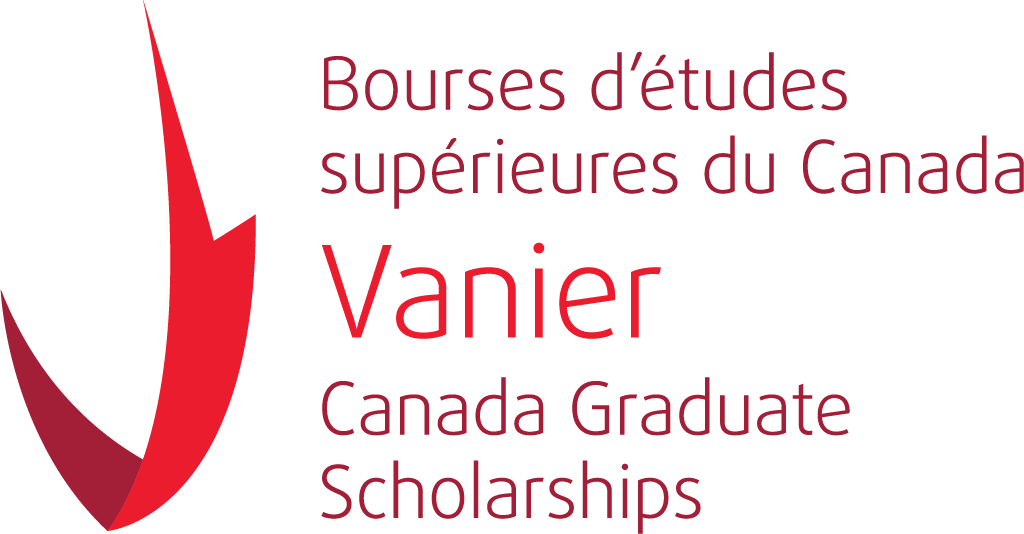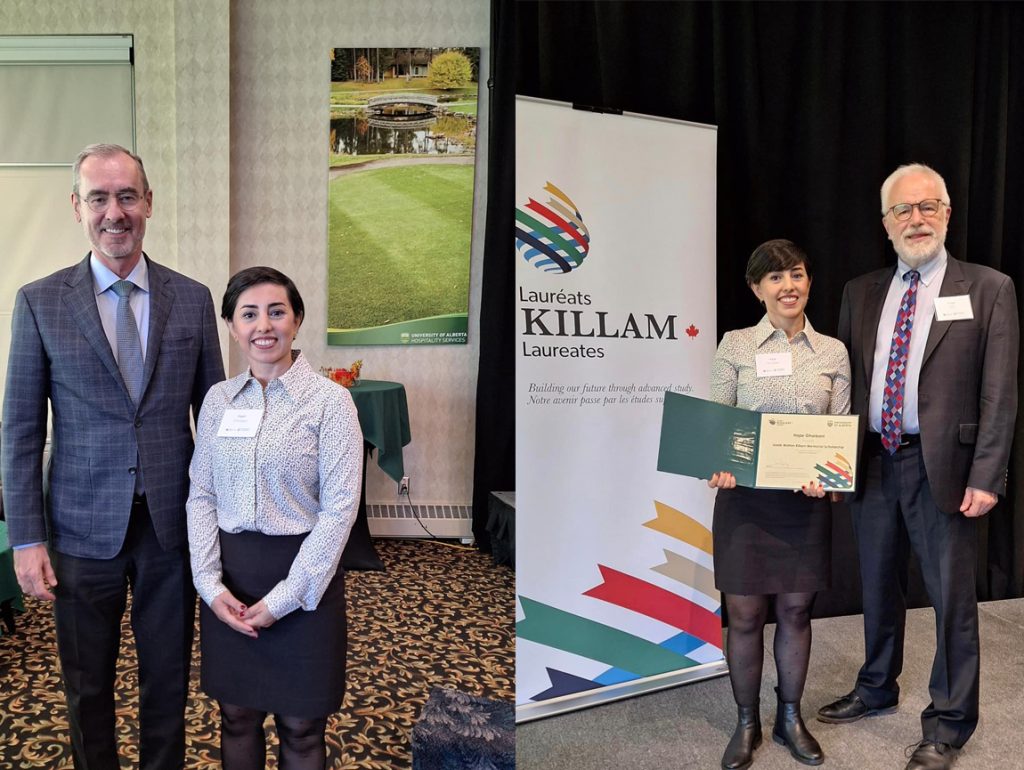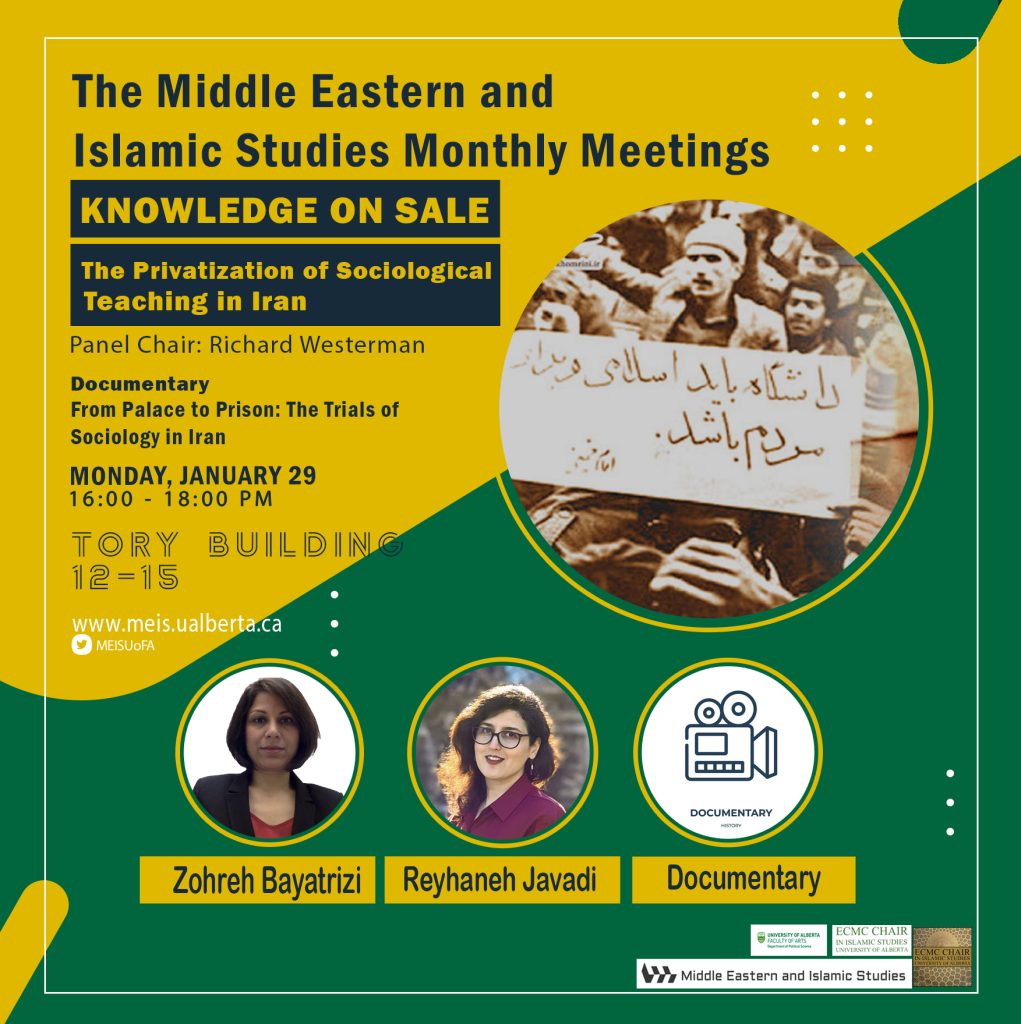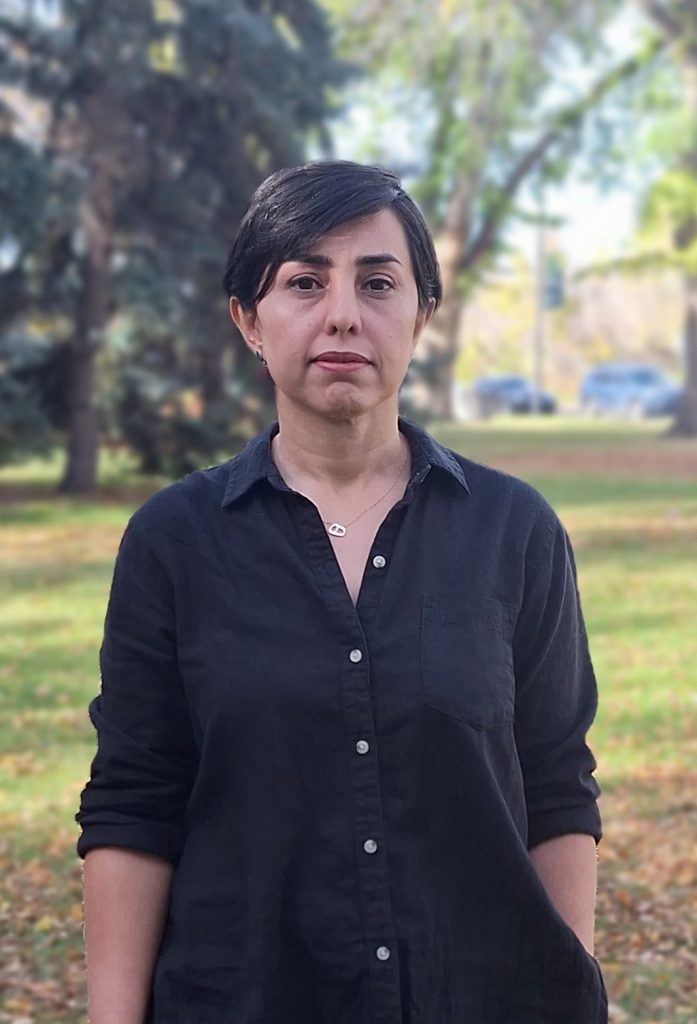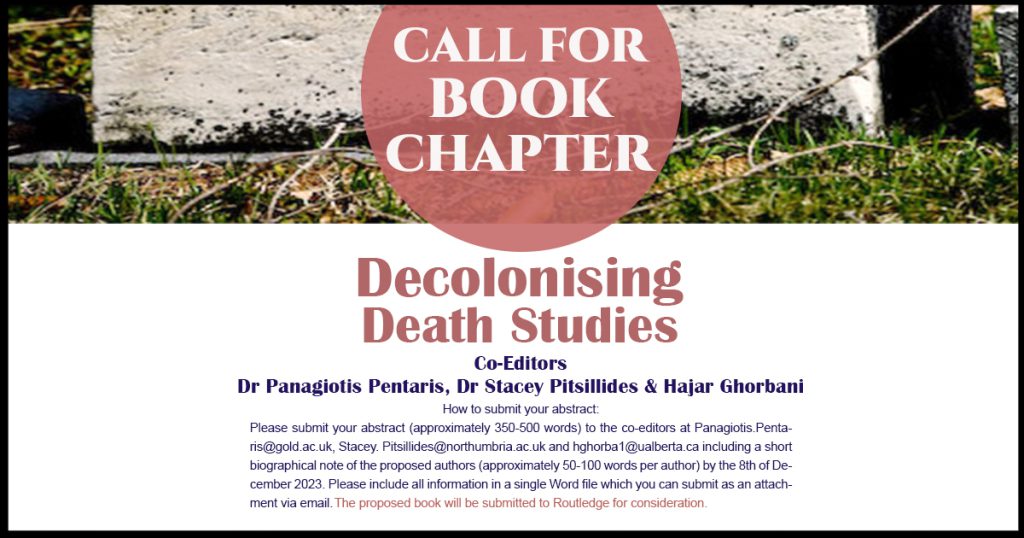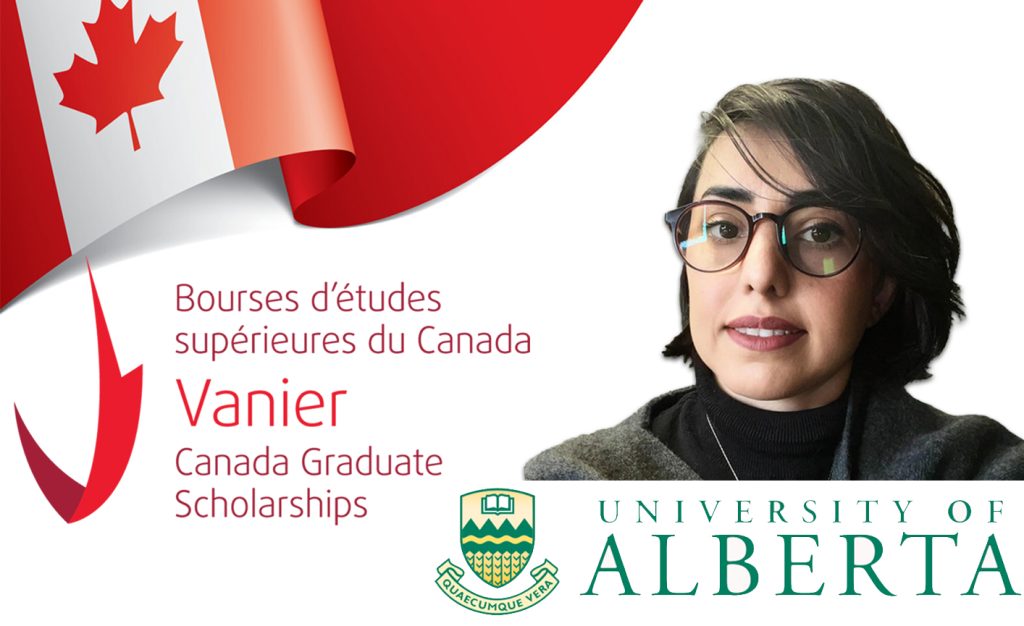
At the end of May, the Honourable François-Philippe Champagne, Minister of Innovation, Science and Industry, and the Honourable Mark Holland, Minister of Health, announced the recipients of 166 Vanier Canada Graduate Scholarships and 70 Banting Postdoctoral Fellowships. Congratulations to #UAlberta‘s Hajar Ghorbani, Ph.D Student of Anthropology, for being named a 2023-2024 Vanier Scholar and ranking 1st out of 193 SSHRC applicants in Canada. Her research proposal is titled, Dead Bodies’ Agency in Iran and Western Politics: The Woman, Life, Freedom Movement in Iran and its International Political Impacts.
